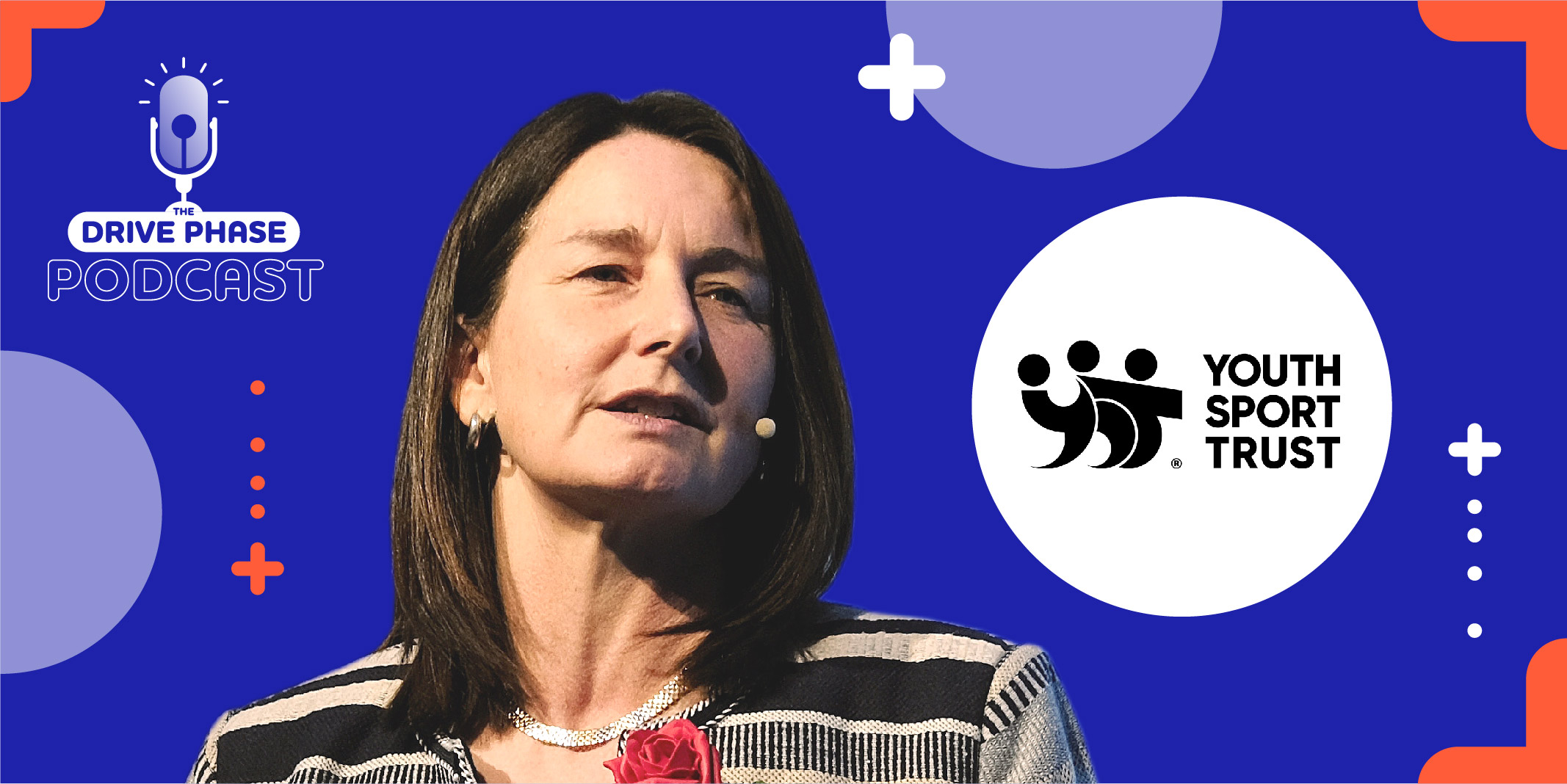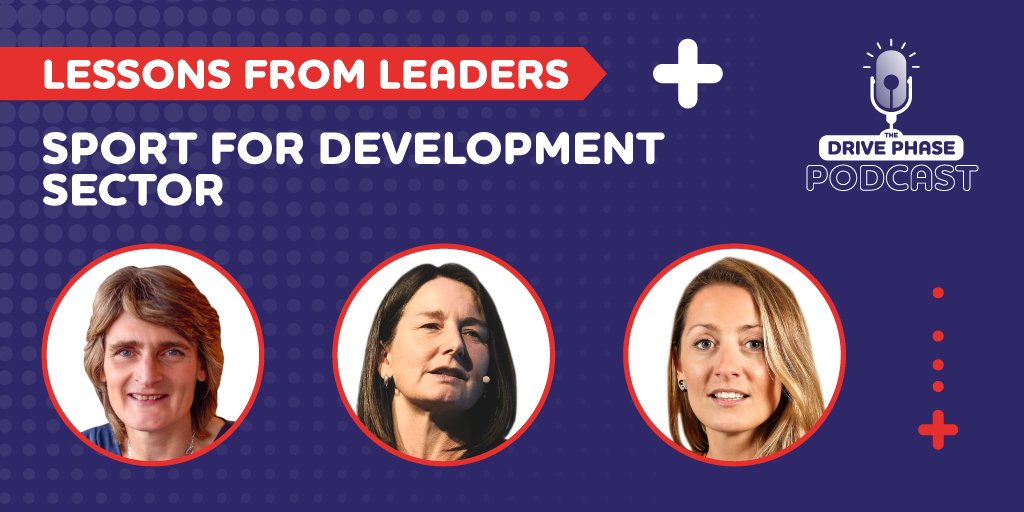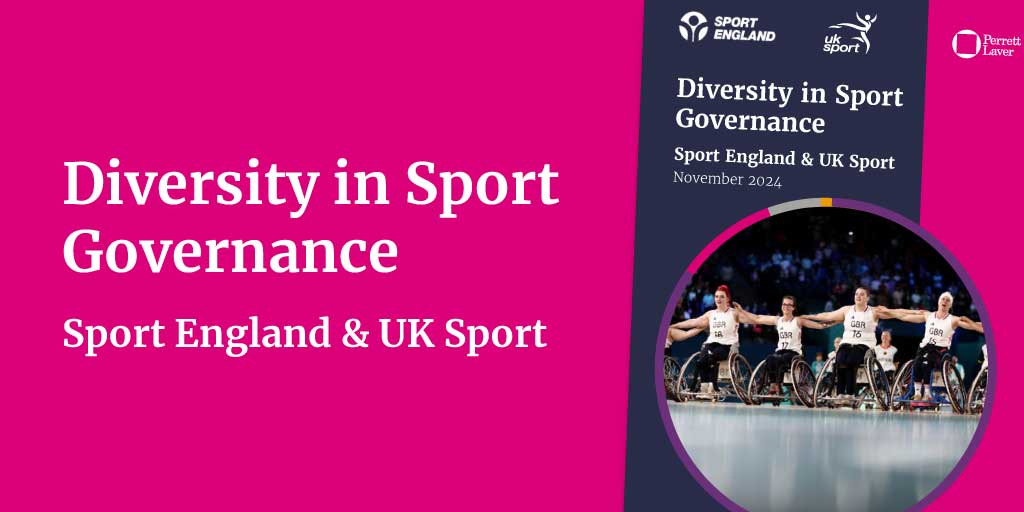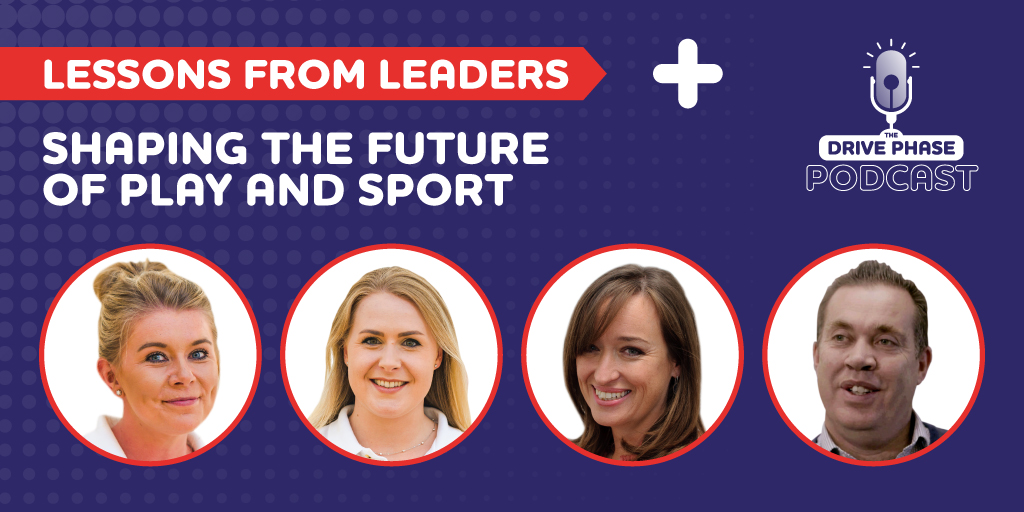Sports coaching companies and physical activity charities have deep-rooted expertise in physical training and have a unique opportunity to advocate for increased physical activity across all age groups. By leveraging their resources, knowledge, and influence, companies within the sector can foster healthier communities while positioning themselves as champions of wellness.
We heard from three CEOs on The Drive Phase from the UK’s leading organizations who gave their view on advocating for physical activity.
1. Raising awareness about the importance of physical activity
Physical activity is crucial for maintaining physical fitness but also for improving mental health, boosting energy levels, and enhancing overall quality of life. Sports coaching companies can create content—blogs, videos, podcasts (like The Drive Phase), and infographics—that educate the sector and the public on the advantages.
→ Sophie Mason – How do we fund social projects in sport?

You can still have FOMO when it comes to advocating for the sector. Made by Sports Sophie Mason had first-hand experience in commercial sports and grassroots advocacy:
“When I worked in commercial sport, I would genuinely regret the missed opportunities to work in fundraising for community sport. If you look at grassroots sport, there are about 150,000 sports clubs and 40,000 charities in the UK using sport for social purposes. If we keep the focus on professional sport, we don’t see the benefits of sport in other social ways, in the way they do in other countries.”
2. Offering accessible programs for all ages
One of the barriers to physical activity is the perception that it’s only for athletes or individuals already in shape. You can help combat this by offering a variety of programs tailored to different age groups and fitness levels. Whether it’s youth camps, adult boot camps, senior fitness classes, or family-based activities, providing inclusive and accessible options encourages more people to participate.
→ Nicola Walker – Representation in sports advocacy

Nicola Walker, the CEO of Sported UK, saw sport as creating connections between people. This is core to her understanding of how communities engage in grassroots sport and how it can engage girls and women:
“Girls continuing to play an active sport fall off a cliff during secondary school and beyond. For the majority of children in mixed-gender schools, boys’ participation for girls may be off-putting, but community sport offers a real opportunity. The groups are smaller, the environment is more fun, which means it has a better chance to create a habit for life.”
3. Managing community outreach and partnerships
Community involvement is another effective way to advocate for physical activity. Collaborate with schools, corporate offices, and local government bodies to host sports events, fitness challenges, or wellness fairs like UK National Fitness Day. Building partnerships with local gyms, health clubs, or wellness brands can further amplify these efforts and reach a broader audience.
For Ali Oliver, CEO of Youth Sport Trust, encouraging the government to prioritize physical activity has often been difficult. When governments are reducing budgets, the activities sector is first in line. Ali recounts her time and how seeing the positives was essential when that axe came down:
“In hindsight, maybe more could have been done to prepare for when those central policies and funding didn’t favour us. Yet there were some good points. 450 hub sites from the former Schools Partnership Network were retained, and a new government policy on school sports introduced the School Games. This broadened opportunities for competition and personal development – a real game-changer for us.”
4. Building role models and ambassadors
Sports coaching companies and charities can attract companies, brands, high-performing athletes and coaches who understand the importance of physical activity. Gather role models, highlight their stories, and incorporate brands that want to invest to enhance your program.
Part of Sarah Mason’s role as CEO of Made by Sport is to convince corporations that if they invest in community sport, they will see the impact. As an understanding of the need to be socially focused grows, people are using their purchasing power to engage with brands with a strong social purpose.
“It’s really difficult to gather data at scale, but there are 180,000 organizations who are deliberately using sport as a vehicle for social change. And many corporations immediately think that these things aren’t connected. We are the Grantmakers to those organizations. We aren’t remaking the wheel.”
5. Promoting physical activity in everyday life
One of the best ways to advocate for physical activity is by making it easy for people to incorporate it into their daily lives. If you run an activities program, you can make short online classes or share practical tips on how to stay active even in small spaces or with busy schedules. The goal is to help them understand what you do and be good role models for their children at home.
→ Alison Oliver – The challenges of sports programmes funding

The CEO of Youth Sport Trust, Ali Oliver, has seen her fair share of change in the sector. She has had first-hand experience with how the sector can be sidelined when it comes to impact. She added:
“One of the biggest challenges we have is showing how sport improves physical health, mental health standards, education and anti-social behaviour. Sport is never going to be the biggest driver of improvement. Not in the short term, and not in isolation. If you look at the long-term impact, however, it lays the foundations for behaviours and lifestyles that can last a lifetime.”
Learn from the best with The Drive Phase podcast
Sports coaching companies and charities have a significant role in advocating for physical activity. By raising awareness, creating inclusive programs, leveraging technology, and engaging with the community, these companies can inspire individuals to lead healthier, more active lives.









